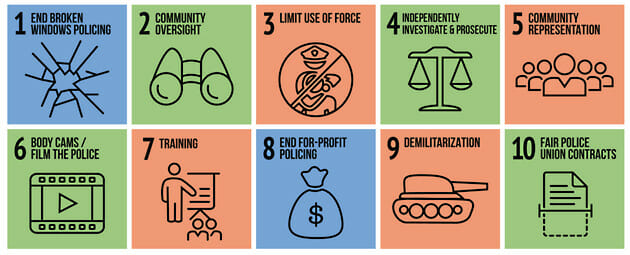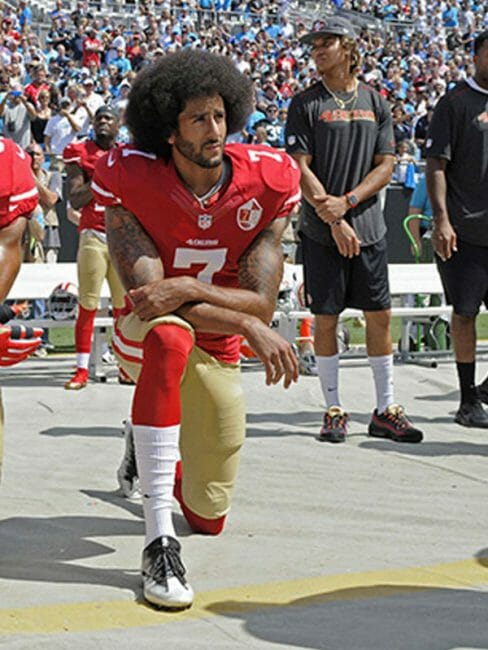A Conservative Discovers Problems With Police Accountability. Sort of.
Scott Johnson of Powerline has been following the trial of a Minneapolis police officer accused to shooting and killing a totally innocent woman (in fact, the woman who called the police) seemingly without the least provocation. Johnson has reported for months on all the frustrating barriers to bringing this police officer to justice -- the refusal to pin the officers to a story immediately before they had time to coordinate a story, the internal affairs investigators who acted more like cover-up artists, the complete unwillingness of the police force to do a quality investigation, and the incredible difficulty the DA had in pursuing this case or getting any cooperation with supposed law enforcement officers. As he writes:
Prosecution of the Noor case by his office has been a tremendous strain on Hennepin County Attorney Mike Freeman. He is in treatment for alcohol abuse. He deserves credit for assigning the case to Assistant County Attorney Amy Sweasy and sticking with it as it roiled relations with Minneapolis police. As it turned out, Sweasy had to convene a grand jury and issue subpoenas to secure the testimony of police officers involved in the case.
These are the kinds of issues I and many others have raised for years about problems with police accountability. I believe bad police officers are a small minority of the force but this lack of accountability has been incredibly obvious for years, and has poisoned the view of police officers in certain communities that interact with them the most. Black Lives Matter started with a police accountability agenda before the movement went off the rails. So I am happy to see a prominent writer give it attention.
Sort of. Because it is not clear to me that Johnson really sees the general police accountability issue. For most of the last 10 years, Powerline bloggers including Johnson have been pretty skeptical of those who have critiqued police shootings. I would describe their default position as "the police are right, their critics all have agendas." I refuse to claim to see into people's hearts, and really am reluctant to get pulled into intersectional finger-pointing, but it is impossible to ignore that the one case that seems to have woken him up is the killing of a pretty blonde white lady by a person of color.
Don't get me wrong, I think the jury was correct in convicting the officer, and respect their bravery as very, very few juries will ever convict police officers. The prosecutor had to have done a heroic job in getting this conviction. But I fear that Johnson and perhaps other Conservatives are reading the wrong causes into the difficult prosecution. He writes that "Something is rotten in the city of Minneapolis," and my interpretation of this (from this series as well as other things he has written) is that he attributes the difficulty in prosecution not to systematic problems in holding police accountable but in the fact that the officer was ethnically Somali and that the city of Minneapolis is somehow reluctant to challenge the Somali community. I guess after horrific stories like the non-prosecution of rapists in Rotherham, one has to consider this possibility -- I know Minneapolis has a large Somali community but know nothing of its dynamics. But frankly after studying 100 candles that are burning through the oxidation of petrochemicals, I am skeptical the 101st will turn out to be phlogiston.


